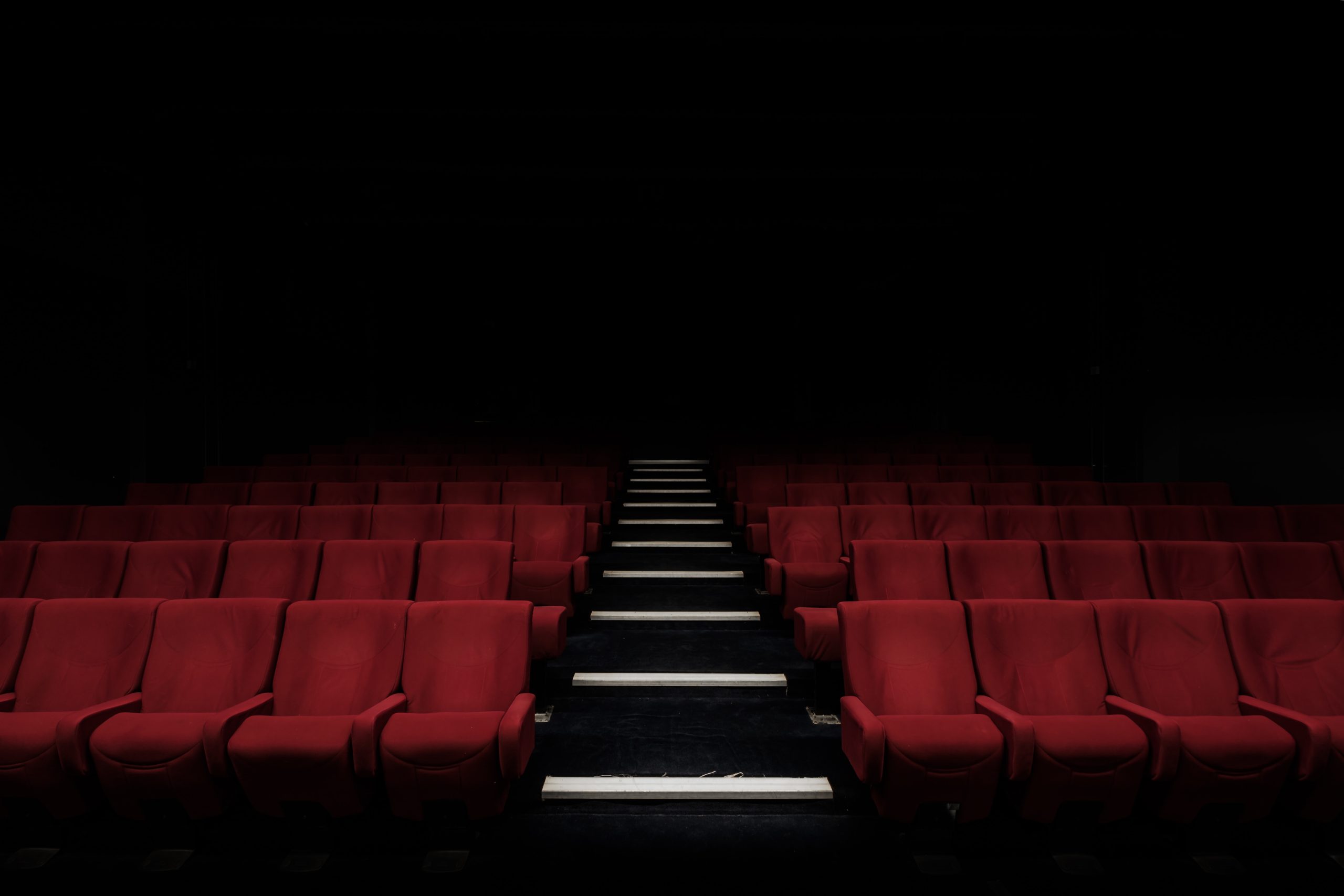ITV boss Carolyn McCall has detailed the potential for a post-strike “blip” as commissioning conversations are restarted with U.S. buyers, while the head of ITV Studios described generative AI as a “co-pilot for creatives.”
Speaking after the publication of ITV’s full-year results, which saw profits tumble by 32% amidst a tricky ad market, McCall said a factor “never really talked about” in relation to last year’s months-long U.S. labor strikes is that “commissioning conversations could not happen and we were not allowed to pitch ideas or discuss anything that would build a pipeline.”
“This is never really talked about but is also quite an important factor in the market,” she said, adding that the more obvious impact of the strike physically delaying productions had been prominent in discussions.
Pressed on whether this could lead to a surge in commissioning from U.S. buyers, McCall said “we are saying this is a blip and permanent conversations will start filtering through. I don’t know about a bump, but this is a blip.”
The writers and actors strikes debilitated commissioning around the world and U.S. buyers are only just returning to a semblance of normality, while many major media congloms are posing existential questions over their place in the market.
ITV has already said that the strikes will delay around £80M ($101M) of turnover from 2024 to 2025 but 2023 was a good year for its streamer shows. The proportion of revenue from SVoDs rose by 10 percentage points last year for production arm ITV Studios to 32%, which is already ahead of its five-year target to hit by 2026. Successes included Netflix drama Fool Me Once and Squid Game: The Challenge, although ITV is not increasing the target in response.
Studios boss Julian Bellamy acknowledged a “tougher market” with “some free-to-air clients slowing commissioning,” but he said the production arm is “optimistic” in the medium term.
He said ITV Studios is “outgrowing” the market on certain metrics such as content licensing and unscripted shows for streamers.
AI “co-pilots”
Bellamy spoke to the debate around generative AI and was bullish about how the growing tech can help rather than hinder ITV and its production arm.
He described generative AI as a “co-pilot for creatives” but stressed it won’t be “substitutional.” “It won’t write the next Succession. We see it as something that over time will be helpful but is much more embryonic.” McCall, meanwhile, talked up how AI is helping streamer ITVX with targeted ads.
The pair were speaking a few weeks after Slow Horses director James Hawes unveiled research showing that AI could write the entirety of a TV soap within three to five years, which comes after the BBC axed Doctors and Channel 4 parred back Hollyoaks.
Too early to talk layoffs
ITV’s profits tumbled by 32% last year due in the main to the tricky ad market. The broadcaster this morning revealed it is implementing a “strategic restructuring and efficiency programme across the group to reshape the cost base and enhance profitability.”
Responding to a question from Deadline, McCall said it is “too early to say specifically” whether the program will lead to layoffs but “we will keep the market updated as we go through.”
The program is designed to “de-risk” any “cyclical or structural” shocks that may occur in future, McCall said.
“You can’t do that completely but what we are doing is building ourselves headroom and future-proofing,” she added. “That is why we have accelerated what we are doing and it is across everything.”
By the end of 2024, ITV expects the program to have made savings of at least £50M per year. It said today it has more broadly delivered £130M of its £150M cost savings target by 2026 and will hit this figure a year early.








